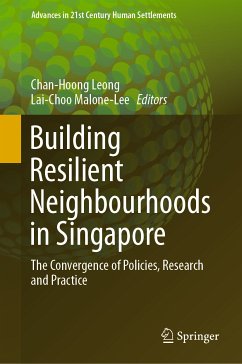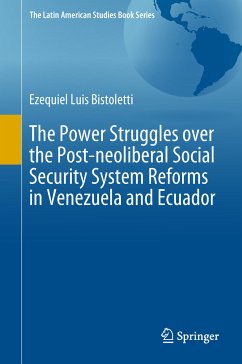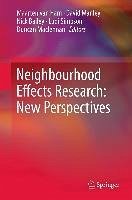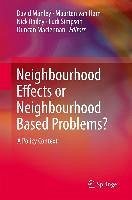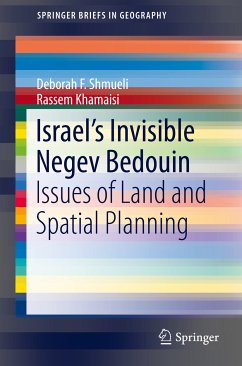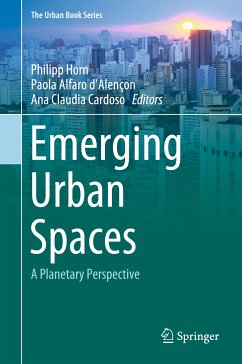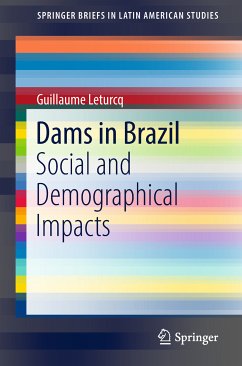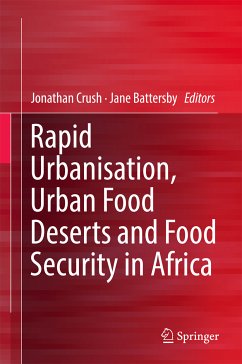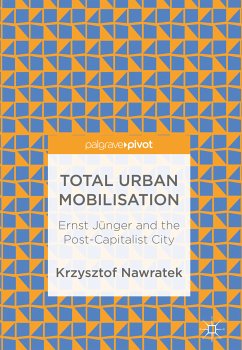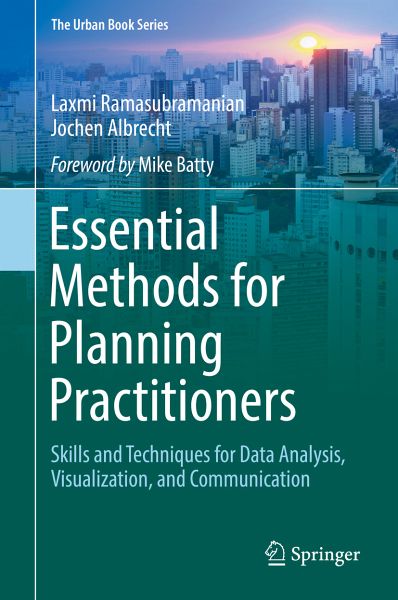
Essential Methods for Planning Practitioners (eBook, PDF)
Skills and Techniques for Data Analysis, Visualization, and Communication
Versandkostenfrei!
Sofort per Download lieferbar
88,95 €
inkl. MwSt.
Weitere Ausgaben:

PAYBACK Punkte
44 °P sammeln!
Bridges planning theory and practice in an innovative and engaging way
Provides planning information in a manner that accessible and jargon-free
Links quantitative and qualitative research methods
Dieser Download kann aus rechtlichen Gründen nur mit Rechnungsadresse in A, B, BG, CY, CZ, D, DK, EW, E, FIN, F, GR, HR, H, IRL, I, LT, L, LR, M, NL, PL, P, R, S, SLO, SK ausgeliefert werden.



